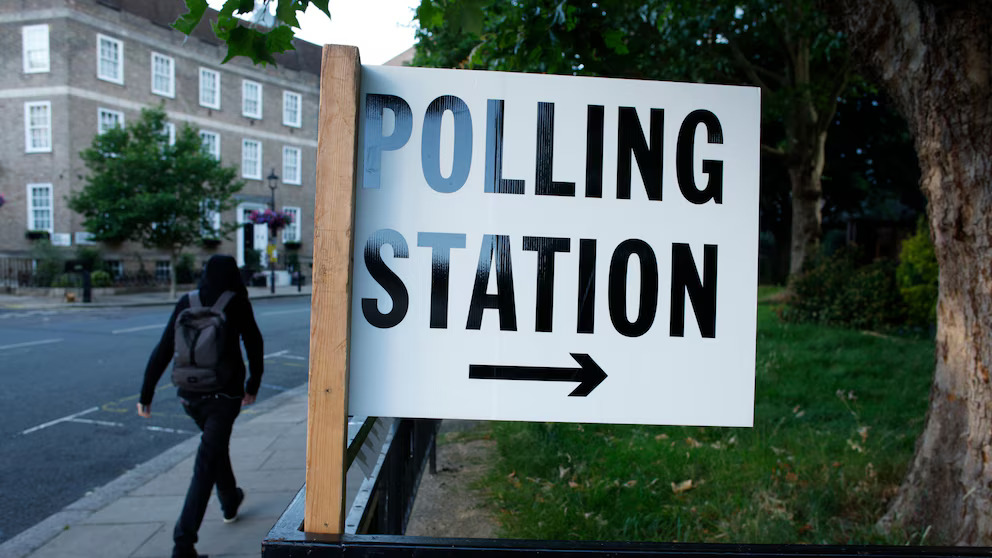British voters are heading to the polls to elect a new government, with the Labour Party anticipated to win amid economic difficulties, distrust in institutions, and a fraying social fabric. Prime Minister Rishi Sunak’s Conservative Party, in power since 2010, faces a jaded electorate voting at 40,000 diverse polling stations. Key concerns include the economy, infrastructure, and the National Health Service.
In traditionally Conservative areas like Henley-on-Thames, voters are considering change. Retiree Patricia Mulcahy noted the younger generation’s desire for something different and anticipated a significant shift in the country’s political landscape, highlighting the substantial challenges any new government will face.

British Voters Head to Polls Amid Economic Struggles and Institutional Distrust, Labour Expected to Win
This election is expected to be one of the most significant since World War II, comparable to historic elections such as Labour’s win in 1945, the end of Conservative rule in 1964, Margaret Thatcher’s rise in 1979, and Tony Blair’s victory in 1997. These elections each marked pivotal changes in British politics.
Prime Minister Sunak voted in his Richmond constituency, accompanied by his wife, Akshata Murty. Meanwhile, Labour leader Keir Starmer, who has maintained a lead in opinion polls, voted in London with his wife, Victoria. Starmer has been cautious, urging his supporters not to be complacent.
The Conservatives, recognizing Labour’s lead, have urged voters to avoid granting Labour a “supermajority.” As the election unfolds, the country waits to see if the anticipated shift in power will materialize and how the new government will tackle the pressing issues at hand.
